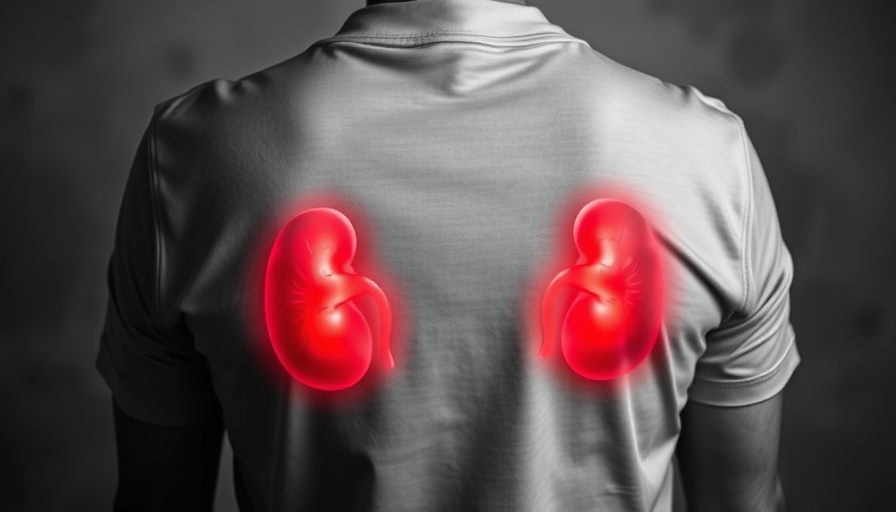
The Hidden Struggles of Women with Nonobstructive Angina
In recent years, women's heart health has received growing attention, yet significant gaps remain in the understanding and treatment of conditions like nonobstructive angina. The WARRIOR trial, highlighted at the American College of Cardiology Scientific Session 2025, brought to light the pressing burden of ischemia in women who do not have obstructive coronary artery disease (OCAD).
This groundbreaking study, which followed 2,476 women over five years, revealed that intensive medical therapy did not significantly reduce major cardiovascular events for this population. Eileen Handberg, the lead researcher from the University of Florida, emphasized the 'neutral' outcomes of the trial while underscoring the necessity of ongoing attention to women's cardiovascular health.
Understanding Nonobstructive Angina
Despite presenting symptoms typical for heart conditions, such as chest pain and shortness of breath, many women find themselves without a diagnosed cause when tests come back clear of OCAD. Currently, an estimated 4 to 5 million women in the U.S. consult healthcare providers about these alarming symptoms each year. With nearly half of these women being diagnosed without obstructive disease, it's clear that more research and awareness are needed.
The Cost of Ignoring Symptoms
The implications of failing to adequately address nonobstructive angina extend beyond mere diagnosis. Handberg noted that there is a high burden on healthcare resources associated with recurrent angina hospitalizations for these women. This signifies not only a strain on healthcare systems but also a profound emotional and physical impact on the patients themselves, who may feel dismissed in the medical community.
Creating awareness around the high incidence of hypertension, elevated cholesterol, and other comorbidities among these women is essential to improving care. The WARRIOR study suggests a clear necessity for better follow-up care for women symptomatic of heart issues, emphasizing the importance of proactive health strategies.
The Role of Comprehensive Treatment
The WARRIOR trial explored the effects of intensive medical therapy, including high-intensity statins and ACE inhibitors, versus usual care strategies. Unfortunately, the results indicated that neither approach provided a definitive solution for reducing significant cardiovascular events.
This calls for a reevaluation of how healthcare professionals engage with women presenting with cardiac symptoms. Educating both patients and doctors about the subtle signs of heart conditions in women is crucial for fostering better healthcare practices and outcomes. Addressing the bias against women's cardiovascular symptoms—often perceived as less severe—must be part of this educational initiative.
Moving Forward: Recalibrating Heart Health Perspectives
As discourse around women's heart health develops, it is vital to promote equality in treatment. While the healthcare system has made strides, the findings from the WARRIOR trial illustrate the challenges that lie ahead. Ensuring that medical professionals treat symptoms of ischemia seriously—regardless of obstructive studies—is crucial.
Furthermore, ongoing studies and trials focusing on women's cardiac health need to prioritize larger sample sizes and diverse demographics to provide more concrete data and recommendations. Only by shedding light on these conditions can we begin to advocate for more refined approaches and tailored treatments for future patients.
Conclusion: A Call to Action for Women’s Heart Health
The WARRIOR trial is a clarion call not just for researchers but for healthcare professionals and women themselves. Acknowledging the nonobstructive angina experiences of millions is the first step towards reducing stigma, improving treatment outcomes, and ultimately saving lives. Every woman deserves to have her symptoms taken seriously and to receive comprehensive care that addresses both heart health and related comorbidities.
It’s time to dismantle outdated perceptions of heart disease and ensure that women are empowered to seek help. Awareness is pivotal—share your experiences, ask questions, and advocate for your health or the health of women you know. The journey for effective treatment starts with a conversation.
 Add Row
Add Row  Add
Add 



 Add Row
Add Row  Add
Add 
Write A Comment